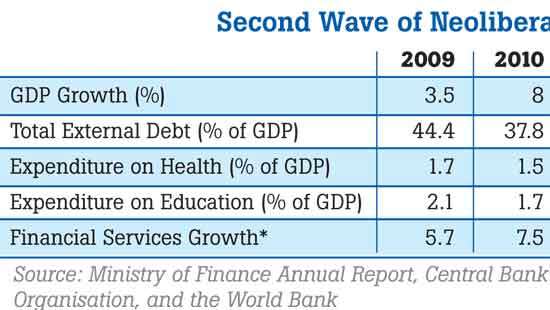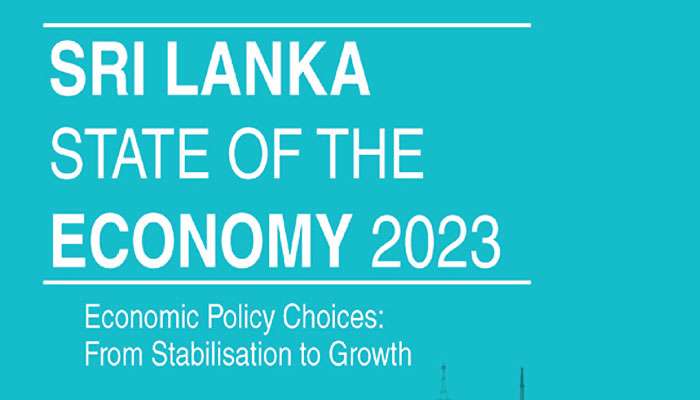


In light of ongoing economic challenges, Labour Minister Prof. Anil Jayantha has emphasized the urgent need for targeted social spending in Sri Lanka, particularly in rural areas. Speaking at the First Capital Colombo Investor Symposium on January 17, 2025, Jayantha highlighted that the government projects GDP growth at 2.1% for 2024, with a constrained spending plan of Rs 4,290 billion for 2025. This commitment aligns with the IMF's debt restructuring process, which includes provisions for social spending aimed at alleviating the hardships faced by the population.
The Institute of Policy Studies (IPS) has also provided critical inputs to the proposed growth lab in Sri Lanka, aimed at designing a comprehensive economic strategy for the nation. This lab approach draws inspiration from Harvard's Kennedy School of Government's Growth Lab. According to the IPS report titled 'Sri Lanka State of the Economy 2023', there is an urgent need to transition from stabilization efforts to growth initiatives. The report critiques the IMF's insistence on further tightening monetary policy, arguing that such measures could exacerbate the economic challenges faced by the country. It emphasizes the necessity of building a cross-party consensus and enhancing the global competitiveness of exports. Furthermore, the IPS report calls for the government to tackle corruption, uphold the rule of law, and ensure free and fair elections to restore economic confidence. It warns against the risks of halting policy reforms and stresses the importance of sustaining economic recovery efforts. The report also highlights pressing issues such as high poverty rates, deteriorating income distribution, and rising unemployment in Sri Lanka.
In a related discussion, an opinion piece by Jyotisha published in the Daily Mirror underscores the broader implications of GDP growth in the context of Sri Lanka's economic depression. The article reflects on an emerging international debate regarding the effectiveness of GDP growth as a measure of economic health, particularly in light of the neoliberal policies that have been in place since the 1970s. It notes that while Sri Lanka experienced a significant stock market rise of 250% in 2010, the economy has since contracted by nearly 20%. The piece critiques the austerity measures imposed by the IMF, which have contributed to this contraction, and emphasizes that future GDP growth must prioritize employment and social welfare rather than solely focusing on finance capital and external debt. This multifaceted perspective on economic growth and policy reform provides a crucial context for the IPS's recommendations and the proposed growth lab's objectives.
Additionally, Jayantha advocates for a transparent financial system and a 'Clean Sri Lanka' vision, urging export industries to innovate and automate. The exchange rate outlook has been upgraded to Rs. 310 for the first half of 2025, while the World Bank forecasts Sri Lanka's GDP to expand by 3.5% in 2025, indicating a cautious optimism amidst the prevailing economic difficulties. [4a6d44df][06c15e32][ead76a07]